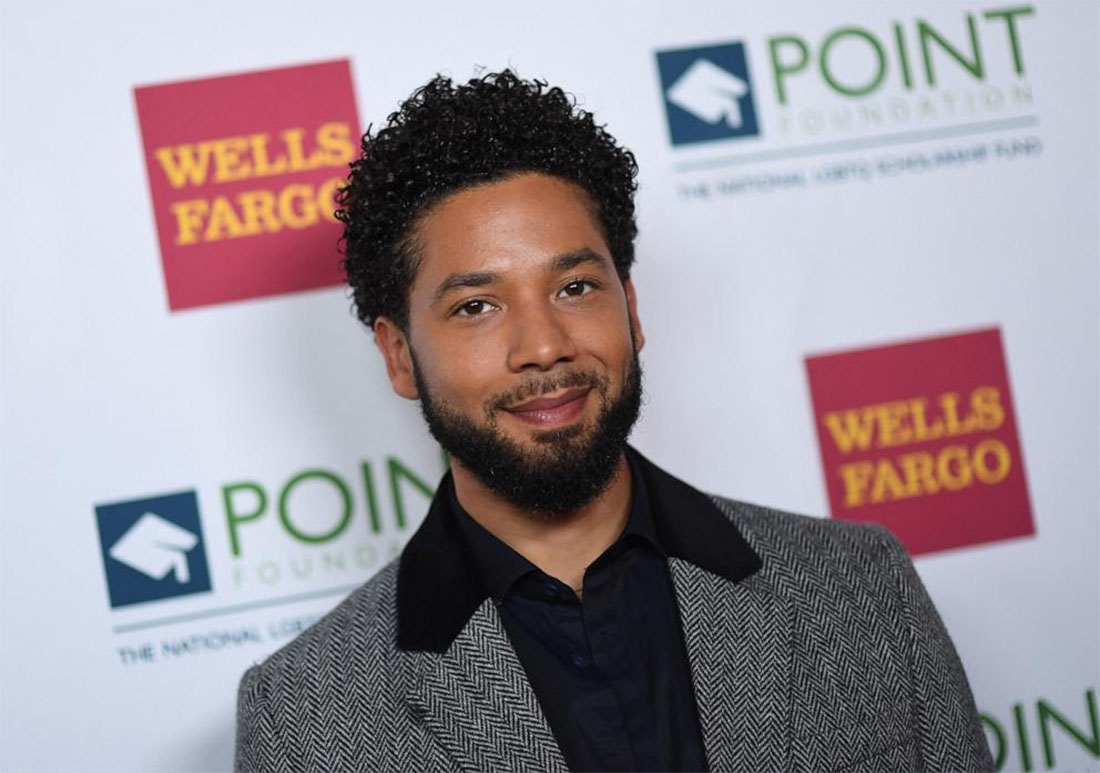
Photo Credit: Getty Images
Jussie Smollett's legal battle has reached a significant turning point, as the Illinois Supreme Court has overturned the actor's criminal conviction. This marks a pivotal moment in the high-profile case that began in 2019 when Smollett was accused of falsely reporting a hate crime in Chicago.
In 2022, the Empire star was convicted on five counts of disorderly conduct and sentenced to 150 days in jail. However, he served only six days before appealing the ruling. Now, after five years of legal challenges, the state's highest court has determined that Smollett should not have been prosecuted due to a prior non-prosecution agreement.
In its decision, the court emphasized the importance of upholding constitutional protections. "We hold that a second prosecution under these circumstances is a due process violation, and we therefore reverse defendant's conviction," the ruling stated. The court also ordered the circuit court to dismiss the case entirely.
The non-prosecution agreement, reached with the Cook County State Attorney's Office, required Smollett to forfeit his $10,000 bond and complete community service in exchange for avoiding criminal charges. His legal team argued that pursuing charges despite this agreement constituted double jeopardy, a claim now validated by the Illinois Supreme Court.
The case has been a focal point of public and media attention, sparking debates about justice and accountability. The court acknowledged the public interest but emphasized that constitutional rights must take precedence. Referencing a similar case in Pennsylvania, the decision highlighted the balance between prosecuting crimes and ensuring fair treatment for defendants.
Smollett, who denied allegations of staging the 2019 attack, has faced significant personal and professional fallout. Following the controversy, his character was written off Empire, and his public appearances dwindled. However, he recently starred in The Lost Holiday alongside Vivica A. Fox, marking a quiet return to acting.
Reflecting on the ordeal, Smollett told People in September, "That was a pretty dark day because that's when everything clicked... A lot of things tested my strength, but I never lost sight of who I am."
This ruling brings an end to years of legal uncertainty for Smollett, underscoring the enduring importance of constitutional protections even in highly scrutinized cases.
















